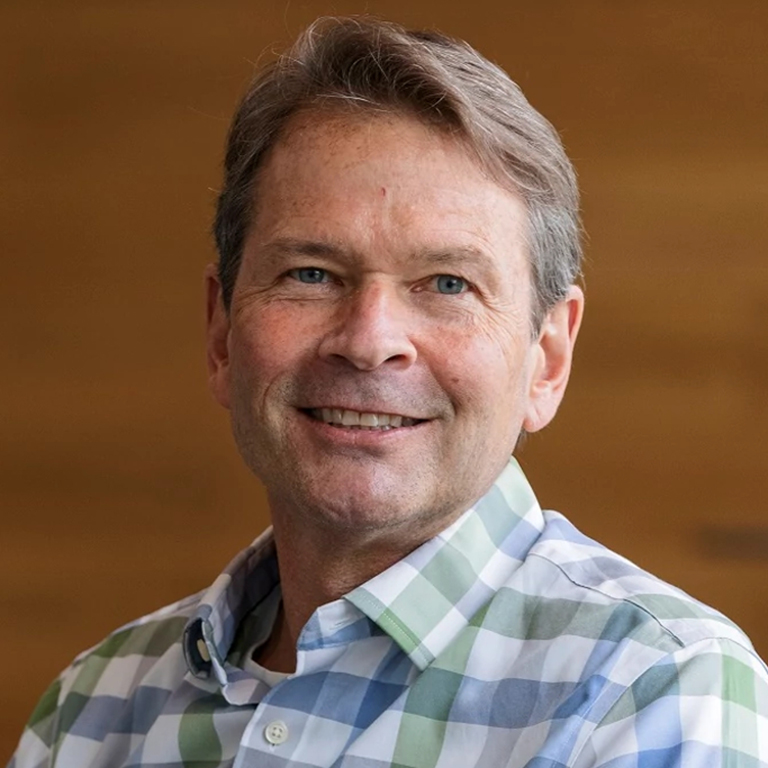Last December, the outbreak of COVID-19 started as a localized event but quickly spread globally because of lapses in surveillance and preparedness. In this sense, the current pandemic reflects many disasters—such as the oil well blowout on Deepwater Horizon and the aftermath of the 2011 Tohoku earthquake and tsunami—which typically begin as singular events of limited harm but through a cascade of human and systemic errors end up having catastrophic impacts.
This pandemic is not the first and likely won't be the last—Peter Daszak, an expert in disease ecology, has been warning us for years about zoonotic disease origination and the environmental pressures that cause viruses to leap into the human population. His contributions have greatly informed the discussion around how to stop the next SARS-CoV-2 (the virus that causes the COVID-19 disease) from emerging from the forests and rampaging the globe. Daszak is also one of the founding members of AGU's journal GeoHealth (of which I am currently the editor in chief). Geoscientists have significant experience in disaster preparedness and disaster response, and a growing new community has been harnessing these skills in tandem with those of medical professionals, engineers, and social scientists to improve responses to events that have health, economic, and social impacts, including extreme events like pandemics.



